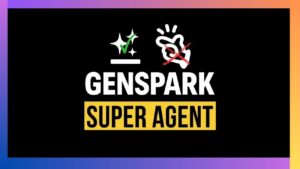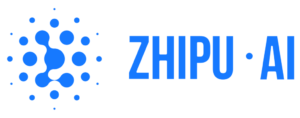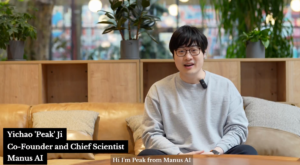Trump’s AI Aspirations and China’s DeepSeek Diminish Spotlight at Paris AI Summit

Paris AI Summit: A Global Meeting on Artificial Intelligence Governance
The Paris AI Action Summit is set to take place from February 10, bringing together leaders from around the world, including political figures, tech executives, and experts in artificial intelligence (AI). This summit aims to establish guidelines for the ongoing development of AI, especially as the technology rapidly evolves. The event holds additional significance due to China’s emerging AI chatbot, DeepSeek, which is making waves in the industry.
Overview of the Summit
Key Attendees and Organizers
The summit will be co-hosted by French President Emmanuel Macron and Indian Prime Minister Narendra Modi. Notable guests include U.S. Vice President JD Vance—on his first international trip since taking office—and Chinese Vice Premier Zhang Guoqing, appointed by President Xi Jinping as his special representative.
Other significant attendees include:
- Ursula von der Leyen (President of the European Commission)
- Olaf Scholz (Chancellor of Germany)
- Justin Trudeau (Prime Minister of Canada)
- Sam Altman (CEO of OpenAI)
- Brad Smith (President of Microsoft)
- Sundar Pichai (CEO of Google)
Worked around presentations and workshops on AI governance, the summit will culminate in a dinner hosted at the Elysee presidential palace and a closing session featuring speeches from the gathered leaders and CEOs.
The Stakes and Challenges
Current Context of AI Development
AI technology, particularly generative AI, has advanced significantly since the introduction of ChatGPT over two years ago. This technology is capable of producing high-quality text, images, and video while performing complex tasks. The previous summit in the UK resulted in a non-binding agreement among 28 nations focused on addressing AI risks, while a later conference in South Korea established plans for public AI safety institutes.
During the upcoming summit in Paris, discussions will not only address AI safety but will also broaden the conversation to include various related topics, although no binding regulations are expected to emerge from the meeting. President Macron remarked that the summit’s timing is crucial as countries navigate international competition over AI governance.
Potential Outcomes
The summit’s organizers are pushing for a joint political declaration emphasizing the creation of ethical, democratic, and environmentally sustainable AI. However, the participation of the U.S. is uncertain regarding such commitments.
A notable initiative to be launched is "Current AI," which aims to establish a public-interest partnership with an initial $400 million investment, intending to raise $2.5 billion over the next five years. This partnership will focus on providing open-source access to tools and databases for organizations working on "trusted" AI.
Moreover, Macron’s team advocates for focusing on improving societal issues through AI rather than just developing super-intelligent systems. This philosophy is echoed by summit envoy Martin Tisné, who emphasizes the dual objectives of mitigating AI-related risks and leveraging the technology for positive societal impact.
Emerging Geopolitical Factors
The U.S. Position on AI Governance
Former President Donald Trump has articulated ambitions to position the U.S. as the leading global center for AI. However, he also reversed several initiatives aimed at establishing AI guardrails and withdrew from the Paris climate agreement, which may undermine any collaborative communique from the summit. Analysts have pointed out that Trump’s views may complicate the effort to reach consensus on broader issues related to AI’s impact on work, inclusivity, and the environment.
China’s Role and Emergence of DeepSeek
China’s Vice Premier Zhang Guoqing’s attendance signals a desire for a more significant role in international discussions about AI governance, especially in light of DeepSeek’s recent launch, which has demonstrated formidable capabilities rivaling Western technologies. This has heightened the competition between China and the U.S. in the tech sector, with some officials expressing concerns about potential data privacy violations associated with DeepSeek.
The French organizers have expressed a commitment to promoting a robust AI strategy that includes non-U.S. and non-Chinese contributions, potentially highlighting the importance of startups like France’s Mistral.
Tensions with the European Union
European countries have consistently posed challenges for major U.S. tech companies through regulations and penalties. With the EU’s latest AI regulations facing pushback from companies like Meta, the friction may further complicate discussions at the summit. The EU’s proposed "code of practice" for AI legislation has already received criticism for being impractical, indicating a potentially rocky road ahead for transatlantic cooperation in this field.




